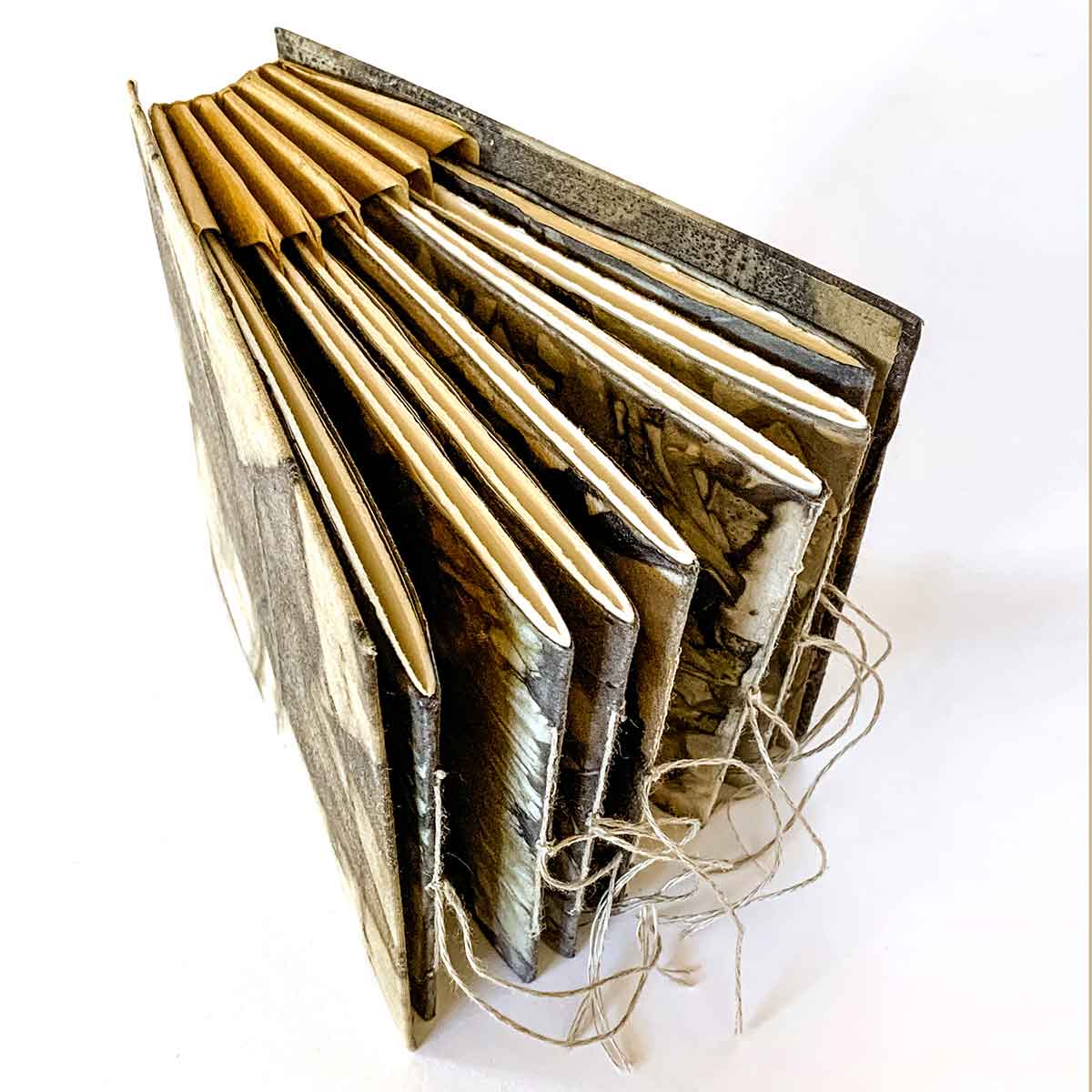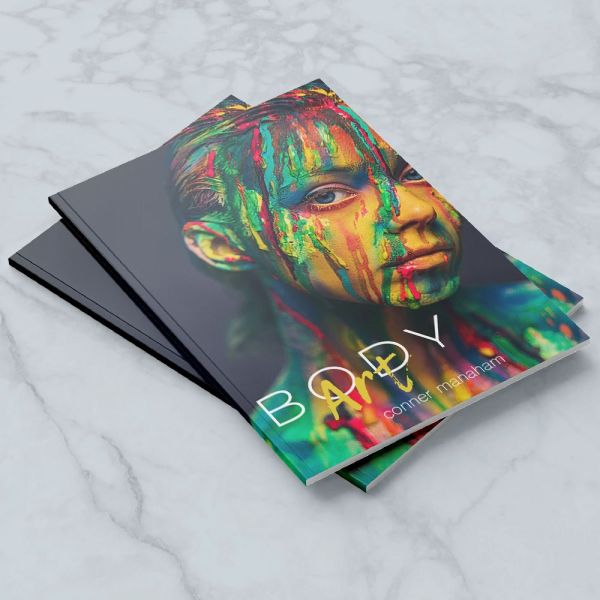Optimizing Files for CMYK Conversion in Your art book Prints
Optimizing Files for CMYK Conversion in Your art book Prints
Blog Article
Recognizing the Process Behind High-Quality Art Book Printing for Art Fanatics
When it comes to premium art book printing, comprehending the intricacies of the procedure can elevate your recognition for the last product. As you explore the various parts of art book printing, you'll uncover understandings that could change your viewpoint on art conservation and discussion.
The Importance of Paper Option in Art Book Printing
When it pertains to art book printing, the selection of paper can make or break the last product. You want your artwork to beam, and the ideal paper enhances color vibrancy and information. Take into consideration elements like weight, structure, and coating; these components substantially impact exactly how viewers view your job.
As an example, a much heavier supply shares high quality and longevity, while a distinctive finish can include depth to images. Smooth paper is superb for in-depth recreations, allowing fine lines and subtle shades to appear crisp.
Do not forget the paper's brightness; a brighter sheet can help colors pop, making your art much more appealing. You'll additionally wish to think about exactly how the paper communicates with inks and whether it can handle the printing procedure without deforming or bleed-through. Ultimately, picking the ideal paper establishes the phase for your art, ensuring it records the audience's attention equally as you envisioned.
Choosing the Right Inks for Lively Recreations
Choosing the best inks is equally as vital as picking quality paper to accomplish vivid reproductions in your art book. When you're publishing art work, you want colors that pop and accurately stand for the original piece. Select inks with a high pigment concentration; these often tend to create richer and extra saturated colors.
You could think about making use of archival inks, which stand up to fading in time, ensuring your art book remains as striking as the day it was published. If you're collaborating with photos or electronically created art, pigment-based inks can offer a larger color range, boosting information and deepness.
Do not forget the surface! Matte and glossy inks can dramatically modify the look of your art work, so think of the look you're aiming to achieve - art book. Eventually, the right ink selection matches your paper option, producing a stunning visual experience for your readers
The Role of Shade Management in Publish Quality
Shade monitoring plays an essential role in accomplishing high print high quality for your art book. It ensures that the colors you see on your screen convert accurately to the published web page. Without efficient color administration, your vibrant art work may show up plain or altered, weakening your imaginative vision.
To start, adjust your display frequently. This action helps maintain consistent color depiction. Next off, utilize color profiles customized for your printer and paper kind. These accounts lead the printer in replicating colors properly, lowering disparities between digital and published versions.
When you prepare your documents, consider using a color room like Adobe RGB or CMYK, relying on your printer's requirements. Constantly proof your work, also; a test print can disclose any kind of possible shade concerns before the final run. By focusing on color monitoring, you guard the integrity of your art, assuring your target market experiences it as you intended.

Recognizing Various Binding Methods
Achieving the excellent look for your art book surpasses color management; binding strategies additionally play a substantial role in its overall presentation and resilience. You have a number of alternatives to assess, each with its very own one-of-a-kind qualities.
If you're going for an expert feel, instance binding offers a durable alternative with a difficult cover, excellent for showcasing your artwork. On the various other hand, excellent click this site binding supplies a flexible back while keeping prices down, making it a popular option for softcover books.
Spiral binding permits your art book to lay level, which is great for presenting photos without obstruction. Meanwhile, saddle stitching is perfect for smaller brochures, giving a clean coating without the bulk.
Ultimately, the binding technique you pick should show your imaginative vision and exactly how you desire readers to involve with your job. Ensure to evaluate these choices carefully to accomplish the best outcome for your project.
The Effect of Publish Size and Layout on Discussion
While the choice of print dimension and format may appear additional to web content, they significantly affect exactly how your art work is perceived. The measurements of your prints can either improve or lessen have a peek at this website the impact of your items. Bigger prints can attract audiences in, permitting them to appreciate intricate details, while smaller layouts could need more intimate engagement.

Conservation Methods for Lasting Art Books
To guarantee your art books stand the test of time, it's crucial to execute reliable conservation techniques. Use acid-free storage boxes or protective sleeves to protect them from dirt and physical damages.
When handling your books, constantly wash your hands or wear cotton gloves to avoid oils and dust transferring onto the web pages. Avoid flexing or wrinkling the spinal columns; instead, utilize book sustains when presenting them.
For included defense, consider purchasing archival-quality materials for any repair work or improvements. On a regular basis inspect your collection for indications of wear or damage, resolving concerns without delay. By complying with these easy approaches, you can ensure your art books stay vivid and easily accessible for several years to find, protecting their elegance and value for future generations.
Working together With Printers for Optimal Results
When you prepare to print your art book, choosing the appropriate printer is vital to achieving your vision. Clear interaction about your assumptions and demands will certainly assist ensure that both you and the printer get on the very same page. Let's explore how to make this partnership as seamless and effective as feasible.
Selecting the Right Printer

Reliable Interaction Techniques
Reliable communication is important for turning your art book vision right into fact, especially when collaborating with printers. art book. Beginning by plainly describing your job's goals, consisting of design elements, recommended products, and any details printing techniques. Do not think twice to share your motivations and references; this aids the printer recognize your visual
Be open to comments, as printers often have important insights that can enhance your project. This cooperation will certainly ensure that your art book fulfills your expectations and shines in its last type.
Regularly Asked Questions
What Prevail Errors to Stay Clear Of in Art Book Printing?
When printing your art book, prevent common blunders like poor resolution images, inaccurate shade profiles, and disregarding web page format. Don't forget to proofread and ascertain information to verify your last item meets your assumptions.
How Does Digital Printing Differ From Standard Printing Techniques?
Digital printing uses electronic data to develop prints straight, permitting quicker turn-around and customization. In contrast, conventional techniques involve physical plates, which can be lengthy and much less flexible for little runs or one-of-a-kind styles.
What Is the Normal Turnaround Time for Art Book Printing?
The normal turn-around time for art book printing varies, yet you can anticipate it to take anywhere from a few weeks to several months. Factors like complexity, quantity, and printing technique all affect this timeline.
Can I Publish a Limited Edition Art Book Financially?
You can print a minimal version art book financially by choosing cost-efficient products, maximizing print runs, and utilizing digital printing options. Mindful planning and budgeting will aid you accomplish quality without spending beyond your means.
What Are the Environmental Factors To Consider in Art Book Printing?
When considering art book printing, you should think concerning green materials, sustainable inks, and energy-efficient processes (art book). Selecting regional printers can also reduce your carbon footprint, making your job both gorgeous and eco liable
Report this page